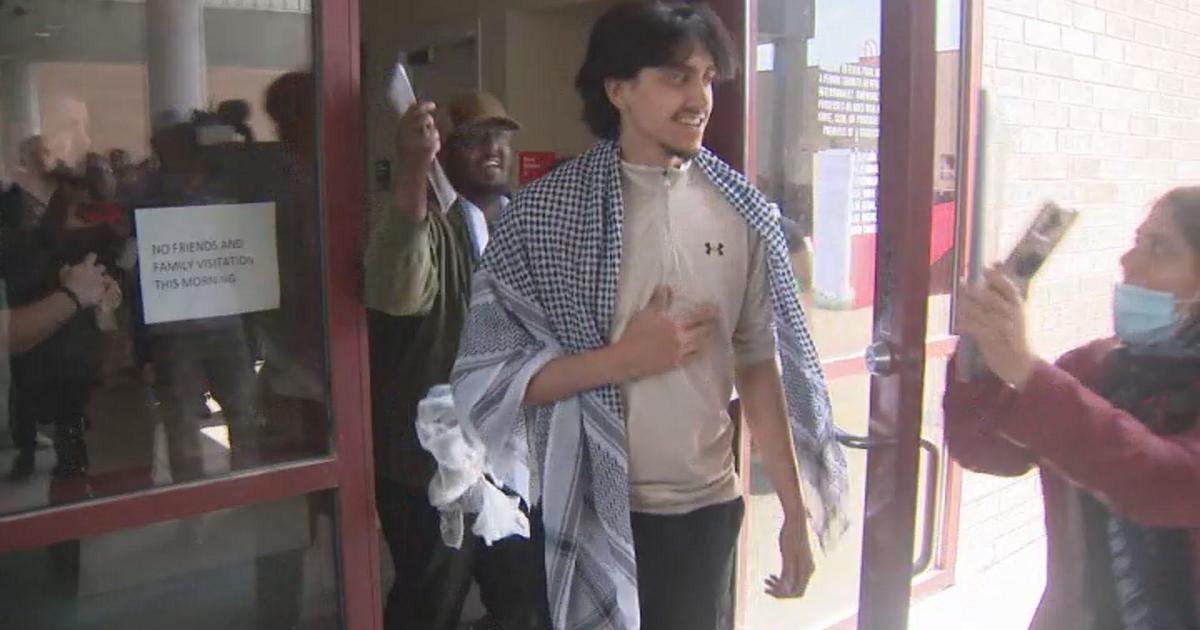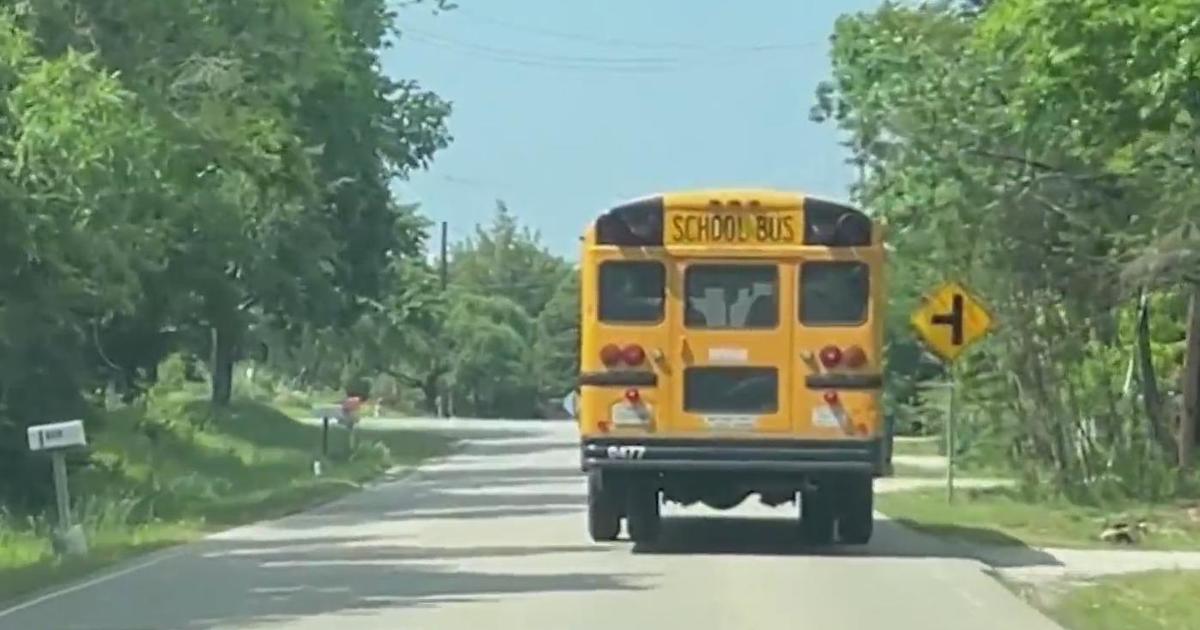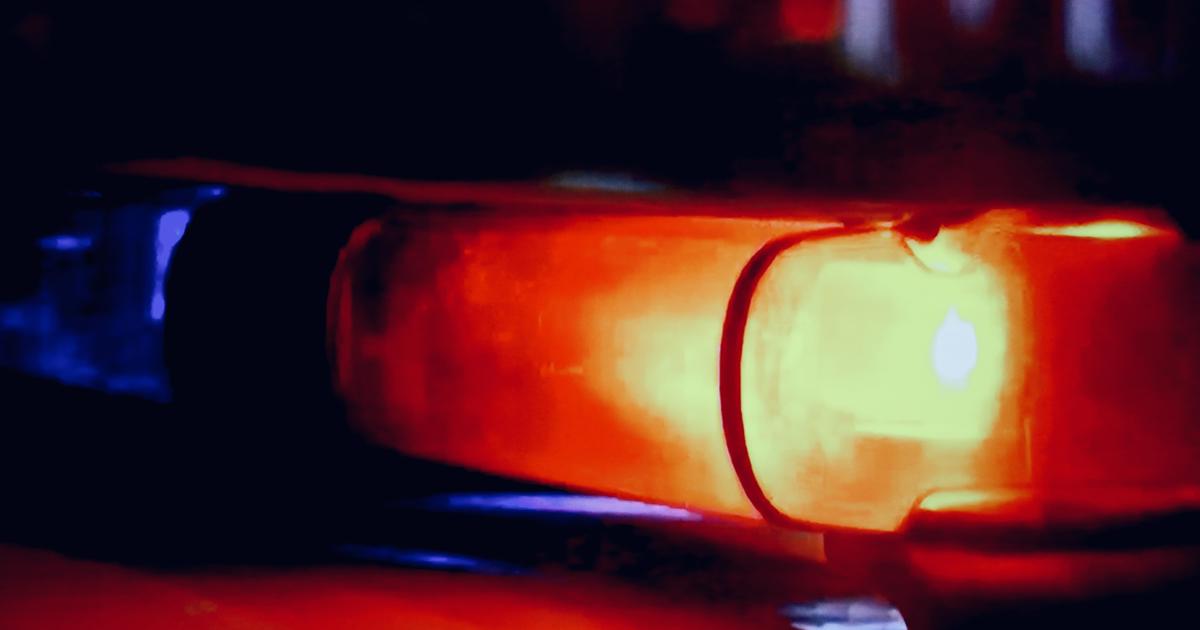Dallas, Tarrant, Denton Counties Report New State Law Forces 40% Of Mail-In Ballot Applications To Be Rejected
NORTH TEXAS (CBSDFW.COM) - Hundreds of applications for mail-in ballots for the March 1 Texas primary elections have been rejected by North Texas counties, according to local elections administrators who point to issues caused by a new state law.
In many cases, they report voters are using an outdated form that doesn't request a driver's license or social security number, which are now required as part of the application.
Voters, they report, are often not providing their driver's license number or the last four digits of their social security number, which are now required.
CLICK HERE for the correct application.
"I'm sure there are many thousands of old forms out across the State (libraries, post offices, political offices, etc)," wrote Denton County Elections Administrator Frank Phillips in response to questions.
As of Tuesday, his office has rejected 210 out of the 483 applications it's received, a rate of 43%.
Phillips says this is "overwhelmingly" because people are using the old form.
Instructions provided by the Texas Secretary of State show any application made on the old form "must be rejected."
In Texas, voters may vote by mail if they are: 65 or older, sick or disabled, out of the county, or eligible through other specific circumstances. They must request that ballot, though, through the application process that's now grown stricter.
"This is all state law that changed," Tarrant County administrator Heider Garcia explaining the issue to commissioners during Tuesday's county meeting.
As of the previous Thursday, Garcia said his office had rejected 181 ballots.
137 ballots, roughly 40% of the total received, he reported, had been rejected specifically because of their failure to comply with the new state law.
"This is confusing and people are confused," said Commissioner Devan Allen during the briefing.
Garcia told commissioners he's also not allowed to send out the new correct application to voters unless they reach out asking for it.
"It's now, I believe, it's a felony, if we send it out unsolicited. Basically, I can't do it," he said.
Garcia said, even when the requested information is included in an application, it might still be rejected if it doesn't match what a voter reported when they registered to vote.
"If you registered using your driver's license and now you use the form using your social, I don't have a way to verify that social and I'm going to have to reject it," said Garcia.
To avoid this problem, he recommends voters supply both numbers on their application, or update their voter registration to make sure both are on file.
The Dallas County Elections Office did not respond to requests for information on its rejected ballots.
Dallas County Judge Clay Jenkins, the county's chief executive, though said it had rejected about 100 applications, 40% of what it received.
"Someone's using the old form," he said, reiterating the problem with the many of the ballots.
Collin County Election Administrator Bruce Sherbet reported the lowest rejection rate among the area's four largest counties, with only 10% of applications rejected.
Of the 650 application his office has received, he said 40 need additional information and 25 were submitted on the old form.
The new law does require elections offices notify voters if their application is rejected and to provide them with the appropriate application form in the process.
As the March 1 primary date draws near, though, voters may want to apply soon to allow for time to correct any issues.
"The bulk of the application(s) will start coming in about a month before the election," said Sherbet, who estimates he's received less than a quarter of the 3,000 to 5,000 applications he's expecting.
The new law, Senate Bill 1, drew controversy during efforts to pass it in the state legislature.
Democrats fled to Washington, DC, breaking quorum in an attempt to prevent its passage and petitioned federal lawmakers to pass their own voting rights legislation to override it.
Republicans eventually succeeded in getting the necessary votes in a second special session.
Travis County, which includes Austin, was the first to report an increase in application rejections.
"We were surprised to learn for the first time of the apparent wholesale rejection of mail ballot applications by Travis County," responded Texas Secretary of State John Scott, calling on the county to immediately review all rejected applications to make sure they were processed in accordance with the law.
Since then, more counties have shared their application rejection rates have also risen.
"In Harris County percentage-wise we're rejecting 7 times more mail ballot apps than before," tweeted Harris County Judge Lina Hidalgo.
Garcia says, the most common issue with ballots, not related to the new law, has been voters' failure to indicate which party's primary they want to vote in. Voters must choose between the Republican and Democratic primary and can only cast a ballot one.
NEW MAIL-IN BALLOT APPLICATION



